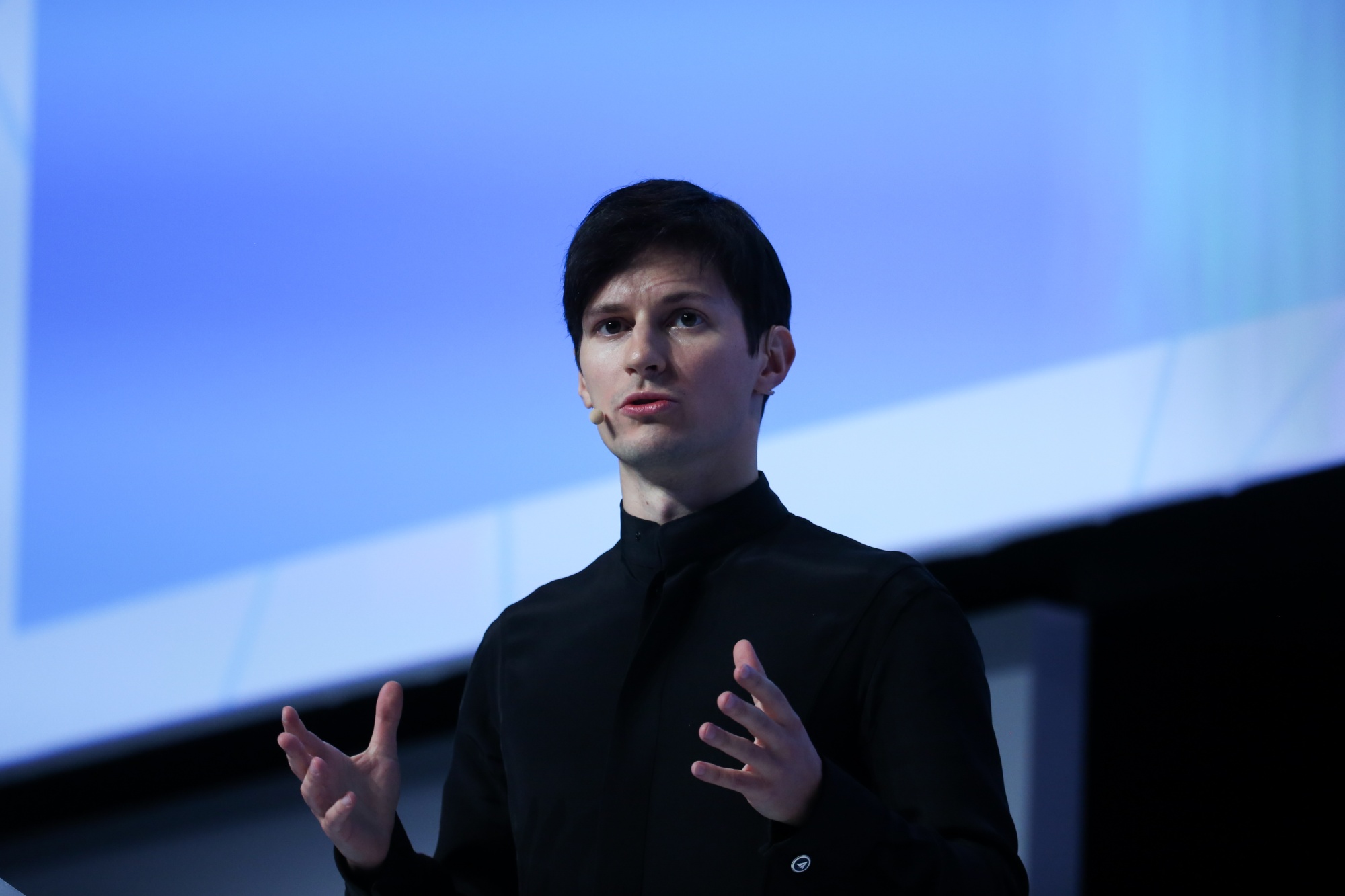
Pavel Durov: The Visionary Behind Telegram and the Controversies Surrounding His Leadership

Pavel Durov: The Visionary Behind Telegram and the Controversies Surrounding His Leadership
Pavel Durov, the enigmatic CEO of Telegram, is widely recognized as a staunch advocate of digital privacy and free speech. Born in Russia in 1984, Durov rose to fame as a tech entrepreneur with a rebellious streak, challenging norms and often clashing with authorities. Known for his unwavering commitment to privacy, Durov has built Telegram into one of the world’s most popular messaging platforms, positioning it as a haven for users seeking encrypted communication. However, his leadership and the platform’s association with controversial activities have sparked debates around privacy, security, and the responsibilities of tech companies.
Early Life and Rise to Fame
Durov was born into a family of intellectuals; his father was a professor and his mother, a philologist. He developed an early passion for technology and programming, leading him to study at the St. Petersburg State University, where he earned a degree in Philology. Durov first gained public attention as the co-founder of VKontakte (VK), Russia’s largest social networking site, often compared to Facebook. VK became a massive success, but Durov’s refusal to comply with government requests for user data put him at odds with Russian authorities, ultimately leading to his departure from the company in 2014.
Founding Telegram
In 2013, Durov launched Telegram with his brother, Nikolai Durov, as a messaging app focused on speed, security, and user privacy. Telegram quickly gained popularity, particularly in regions where free speech was under threat. Unlike other messaging apps, Telegram offered features like self-destructing messages, secret chats, and channels that could broadcast messages to millions of users without revealing their identity.
While Telegram is often associated with end-to-end encryption, it’s important to note that this feature is not automatically enabled for all chats. Public channels and group chats do not use end-to-end encryption, which has led to criticisms that the app is less secure than competitors like Signal. Despite these criticisms, Telegram’s reputation as a pro-privacy platform has made it a favorite among journalists, activists, and those looking to escape surveillance.
A Controversial Legacy
Durov’s commitment to privacy and his reluctance to comply with government surveillance requests have often put him at the center of controversy. In 2018, Russia attempted to block Telegram after Durov refused to hand over encryption keys to the government. Despite these efforts, Telegram continued to thrive, thanks in part to Durov’s technical acumen and the app’s decentralized infrastructure, which made it difficult to block completely.
However, the very features that have made Telegram popular have also made it a haven for illicit activities. The platform has been criticized for hosting extremist content, illegal drug sales, and other criminal activities. Durov’s hands-off approach to content moderation has raised questions about the responsibilities of tech companies in preventing misuse of their platforms. While Telegram occasionally takes action against illegal content, its moderation efforts are often seen as reactive rather than proactive, contrasting with more aggressive moderation policies seen on platforms like Facebook and Twitter.
Recent Controversies: Durov’s Arrest in France
In August 2024, Durov was arrested in France as part of a criminal investigation into Telegram-related crimes, including accusations of complicity in serious offenses like child abuse and terrorism. While Durov has not been charged, the arrest has reignited debates about the accountability of tech CEOs for activities conducted on their platforms. Critics argue that while Telegram provides vital privacy protections, it must also take stronger actions to combat illegal activities conducted in plain sight on its public channels.
The arrest also highlighted the broader tensions between tech platforms and governments over privacy, security, and free speech. Prominent tech figures, including Elon Musk, expressed support for Durov, framing the arrest as a troubling precedent for digital rights and freedom of expression.
The Future of Telegram and Pavel Durov
Despite the controversies, Durov remains a respected figure in the tech world, admired for his commitment to privacy and his defiance against government overreach. Telegram continues to grow, with millions of active users worldwide, expanding its role beyond messaging into areas like blockchain technology and cryptocurrency. Durov has ambitious plans for Telegram, including monetization strategies that preserve the platform’s core values of privacy and user control.
As Durov navigates the legal challenges and public scrutiny surrounding Telegram, his leadership will be closely watched as a test case for the balance between privacy, free speech, and the ethical responsibilities of tech companies. Whether viewed as a champion of digital rights or a CEO in denial about the darker uses of his platform, Pavel Durov’s impact on the tech landscape is undeniable.
Conclusion
Pavel Durov’s journey from the founder of VK to the CEO of Telegram is a story of defiance, innovation, and controversy. As he continues to push the boundaries of what a messaging platform can be, Durov’s legacy will be shaped not just by his technological achievements but by the ongoing debate over the responsibilities that come with running a platform that champions privacy in an increasingly connected and surveilled world.
Recent Posts
- Pavel Durov: The Visionary Behind Telegram and the Controversies Surrounding His Leadership
- SPL-404 : Redefining the NFT Landscape on Solana with Metaplax MPL Hybrid
- What is Blockchain and what is the future of Blockchain?
- How to freelance while working a full-time job?
- How to pitch Web Development Service to Client?
